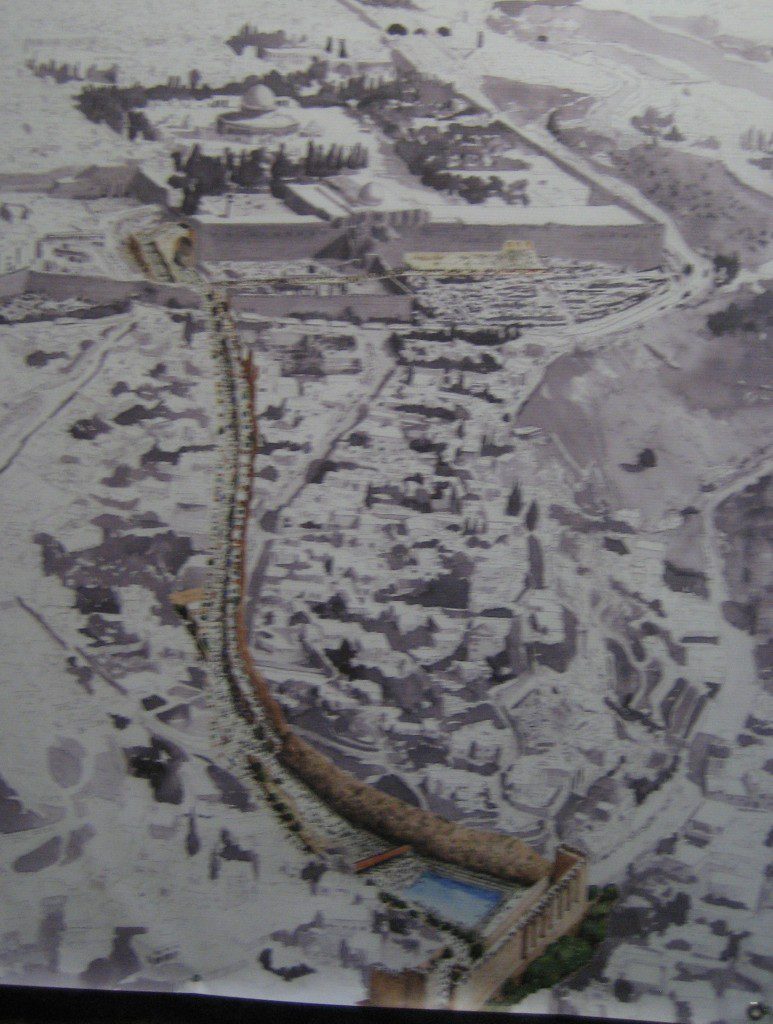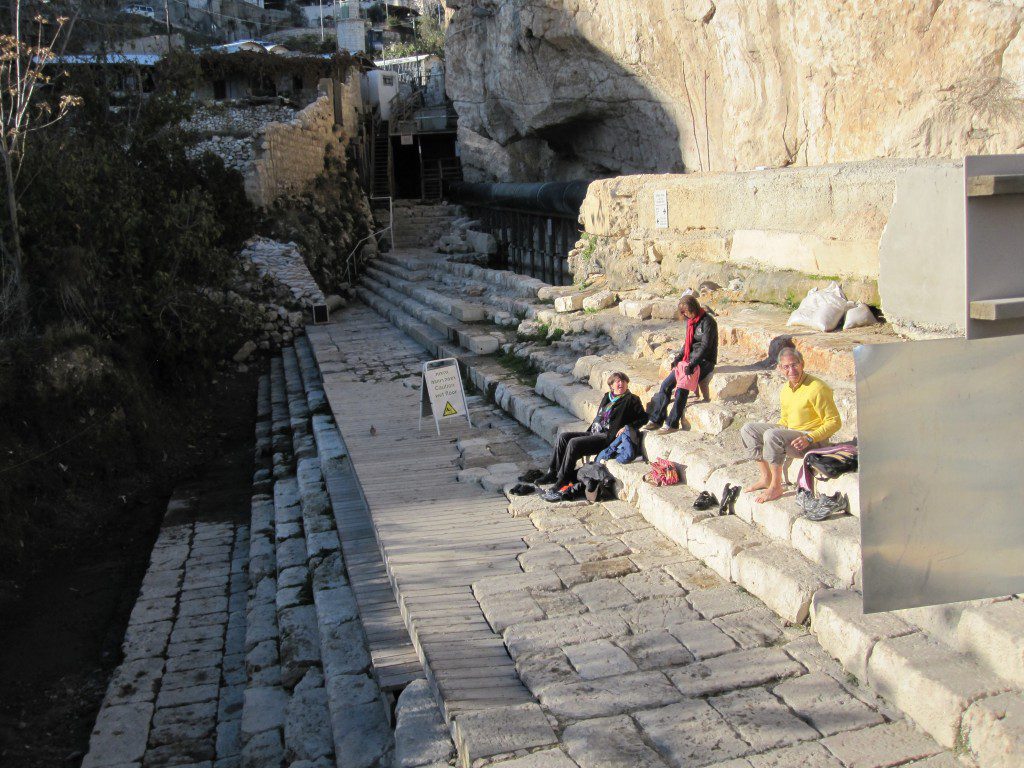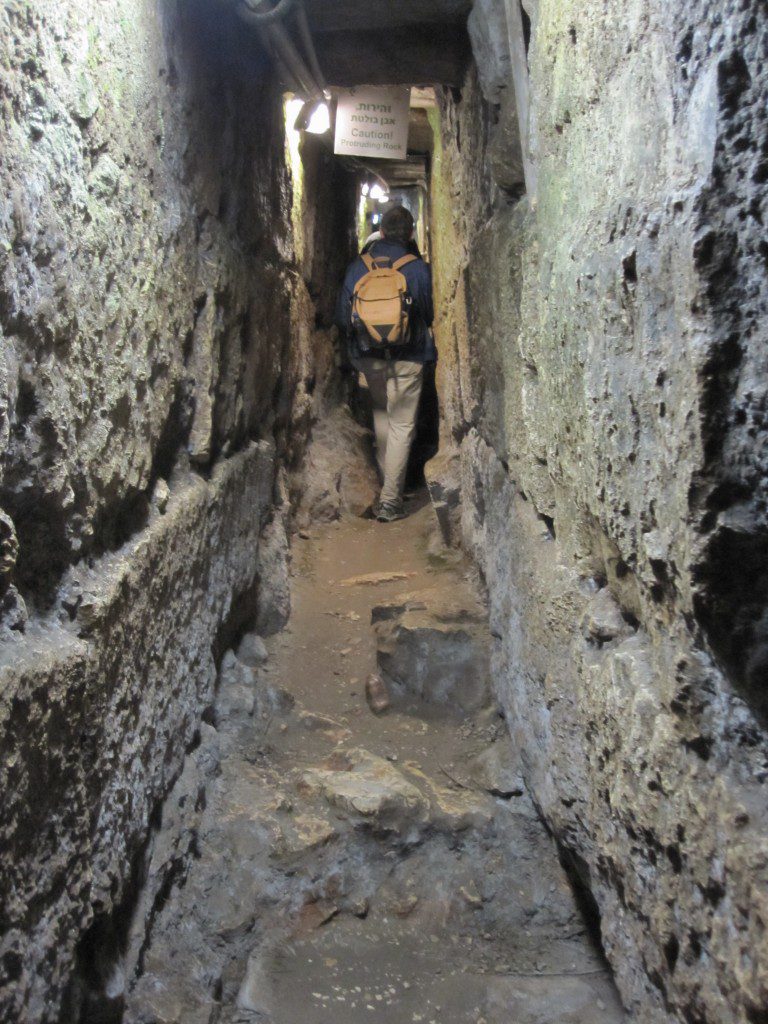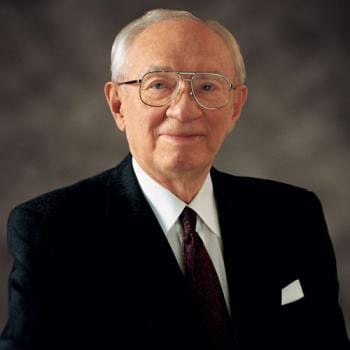Two chapters of John today.
John 9:1-3
These verses (as well as other scriptural or historical examples) demonstrate that prophets and apostles tend to share the world views and/or assumptions of their time. We would call these “incorrect” from our own cultural perspective, but certainly our own views on various things can be judged to be incorrect from a different cultural perspective. The specific idea that misfortune was caused quasi-directly by sin was a partial corollary to Deuteronomy’s repeated promise of “If you are righteous, you shall prosper in the land” (see Deuteronomy 28, for example.) Job takes up the problems with this, but John 9:1-3 shows that it was still a common assumption, made by Jesus’ disciples. (BTW, if you haven’t read Michael Austin’s book on Job, it’s fantastic.) Reality is much more complicated than they understood.
We have to stop thinking of the world as a kind of moral slot-machine, where people put in a coin (a good act, say, or an evil one) and get out a particular result (a reward or a punishment). Of course, actions always have consequences. Good things often happen as a result of good actions (kindness produces gratitude), and bad things often happen through bad actions (drunkenness causes car accidents). But this isn’t inevitable. Kindness is sometimes scorned. Some drunkards always get away with it.
In particular, you can’t stretch the point back to a previous ‘life’, or to someone else’s sins. Being born blind doesn’t mean you must have sinned, says Jesus. Nor does it mean that your parents must have sinned. No: something much stranger, at once more mysterious and more hopeful, is going on. The chaos and misery of this present world is, it seems, the raw material out of which the loving, wise and just God is making his new creation.- Wright, John for Everyone
Indeed, Jesus does affirm a cause to his particular blindness, namely, “so that God’s works might be revealed in him.” Presumably this refers to his healing, and we cannot thus extrapolate to all such conditions that there is divine purpose to them. “The answer of Jesus does not have in view human suffering generally but this particular individual in relation to his mission.”- Word Biblical Commentary.
To comfort people in similar situations that such is “God’s plan” is, ironically enough, to play the role of Job’s friends.
9:7 Jesus sends the man to the pool of Siloam to wash. The name shifted slightly in the New Testament, as it was known as Shiloah (Isa. 8:6) or Siloah (Neh. 3:15). Both draw on Heb. shalach (that’s a guttural ch) “to send.” It appears related to an Akkadian term meaning “watercourse, part of a canal.”
John points this the connection between Siloam and sent in the text “ ‘Go, wash in the pool of Siloam’ (which means Sent)” probably to make some connection to Jesus. Jesus too was sent (John 9:4, 20:21, Hebrews 3:1).





John 10–
To sum, here’s an helpful bit of humor on the trinity.
“The setting of v 30 in relation to vv 28–29 shows that a functional unity of the Son and the Father in their care for the sheep is in mind. From earliest times it has been observed that Jesus says, “I and the Father are ἕν,” [neuter] not “εἷς,” [masculine] i.e., one in action, not in person.”
I actually have a good bit of material on this, so if you want further readings, I’ll go dig through my notes.
Lastly, as always, you can support this site and my research by making Amazon purchases through this link, or the Support My Research links at the bottom of the About page. You can get updates by email whenever a post goes up (subscription box on the right). If you friend me on Facebook, please drop me a note telling me you’re a reader.












